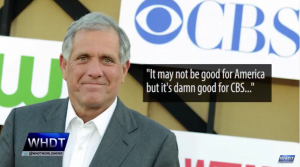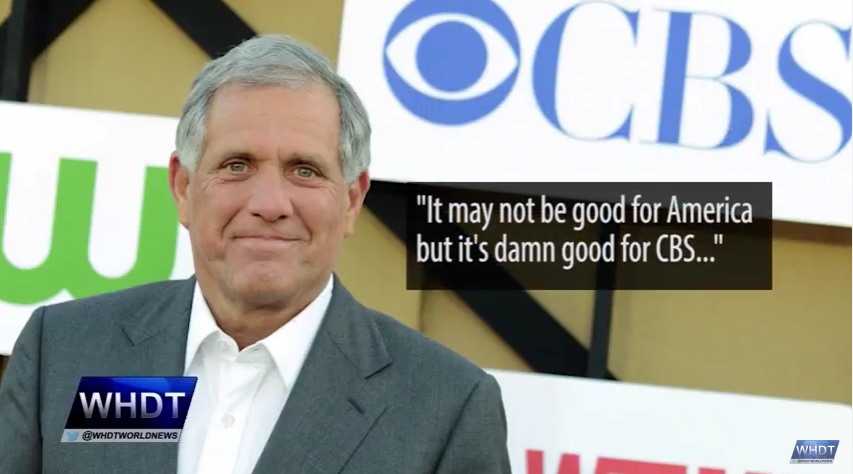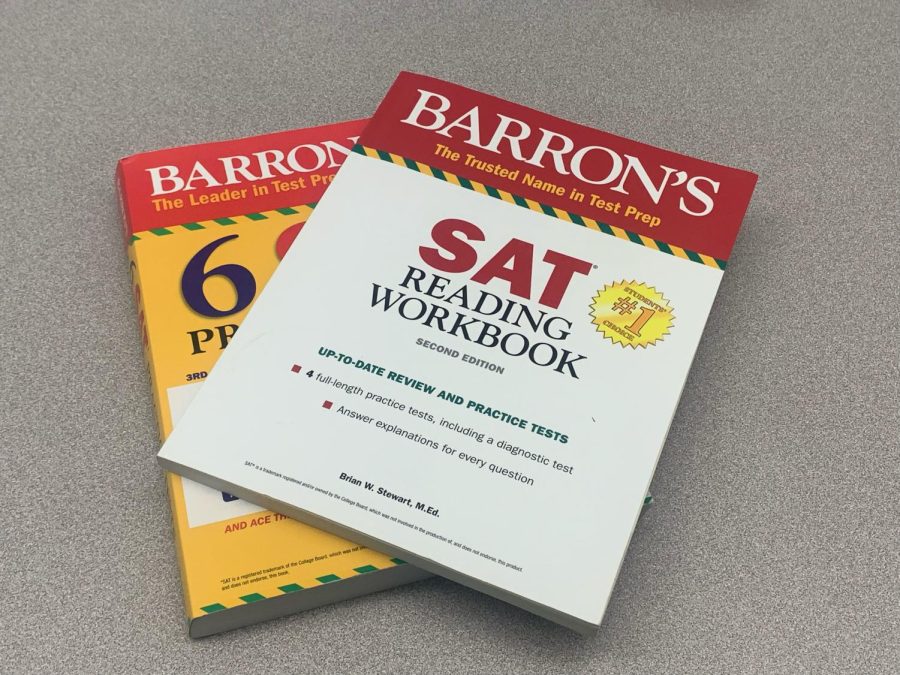 Ceo of CBS news, Leslie Moonves, on a World News broadcast.
Ceo of CBS news, Leslie Moonves, on a World News broadcast.
What is the greatest crisis of our generation? To many journalists, the ironic answer is the media itself. An issue in the news that receives too little attention is the lack of objectivity; the very essence of what ethical journalism encompasses. From bias, news sources inhibit society from greater understanding and become more dogmatic. Individuals fall victim to the strategic rhetoric that play with emotions in lieu of given facts.
The reason behind the loss of unbiased news reporting is the delivery of what the public wants to hear. Much of news today is based on readership and monetary gain that many journalists and news corporations prioritize for reputation. Thus, accuracy is lost and the purpose of reporting becomes trivialized. “It’s all about who can get the news out there the fastest,” claims Rod Mackey, Denver’s 9news sports anchor during a tour of Colorado’s station, “accuracy isn’t first priority anymore.” Increasingly, we have let society determine the delivery of news and the same power that enables betterment, is taken advantage of by journalists for arguable intentions.
Reporting has now become an art of manipulating people’s emotions that focuses more on the tact of delivery for entertainment. Hidden agendas and misrepresented facts assail individuals restricting them within ignorance or making them eventually feel apathetic. The 2016 presidential election cycle has been a constant focus within news coverage. Aired on March 16, 2016, World News featured the Chairman of CBS News in a widely discussed broadcast. Leslie Moonves, regarding the Trump campaign commented, “It’s [Donald Trump] not good for America, but it’s damn good for CBS…It’s a terrible thing to say… But, keep going Donald.” Unfortunately, Moonves is one of many who compromise his own values for materialistic purposes.
The discipline of objective reporting is misunderstood. Ethical journalism is not a passive recitation of collected facts devoid of spirit and compelling storytelling. Being influential does not involve abandoning impartiality. There is a vast difference between conclusions driven by facts and those reached by premonitions. Facts make way for a power of voice, but much of journalism is mediated by those who disregard or skew this evidence. Many argue that journalism itself is subjective from the size of headlines to the placement of quotes; however, that is verging on political correctness. Journalism is a business as well as a passion. Absolute objectivity would be unpragmatic and minor details such as those are basics of competent journalism. Journalists are human who are just as emotionally driven as they are logically. This is what gives life to the products. However, journalism has evolved in a way where news sources lack too much of this objective discipline.
From my philosophy of journalism, I understand that it is a business of evanescent praise and most humbling work. It is something where I, and all other informers must prove themselves anew every day and in every story, because today’s recycling bundle or bottomed tweet was yesterday’s sensation. It is common for people to only acknowledge the tangible product— this is where the incentive for impartiality is lost— but the more frustrating side of journalism is when journalists are intentionally manipulative for the purpose of personal gain.
If high school newspapers are more attentive to abiding by ethical journalism, shouldn’t professional news agencies be as well?



















